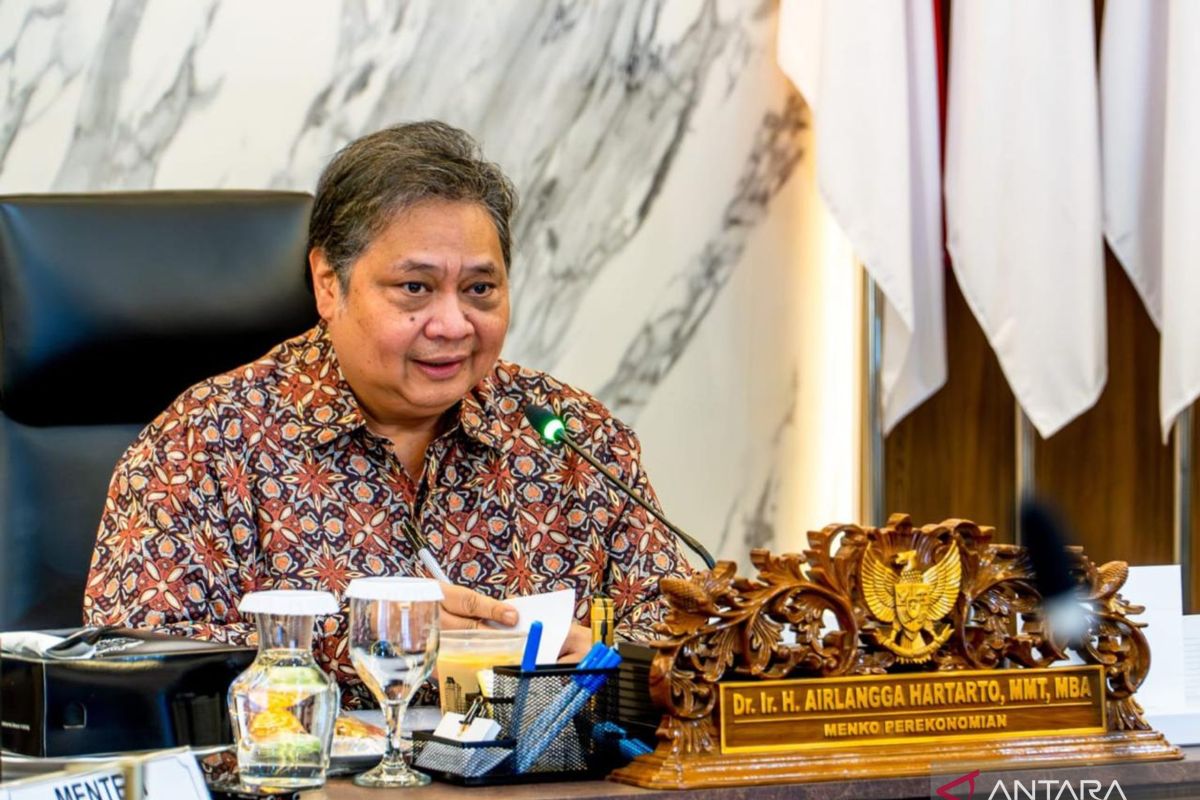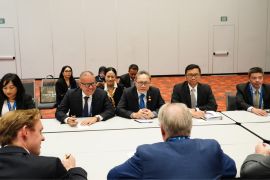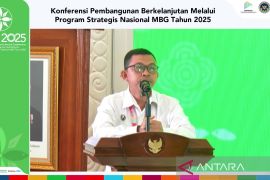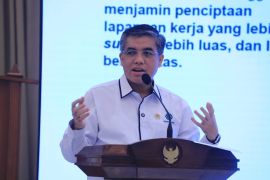"Our interest has received a positive response from the OECD considering the constructive cooperative relationship between the Indonesian government and the OECD, Indonesia's leadership role in various global forums, and Indonesia's good economic performance," he said in a statement received here on Wednesday.
The minister informed that Indonesia is currently focusing on using its demographic advantage to achieve its vision of becoming a high-income developed country, as outlined in the 2025–2045 National Long-Term Development Final Draft (RPJPN) and Golden Indonesia 2045 plan.
According to him, Indonesia's accession process to OECD will support the structural reforms at the domestic level, which are currently being actively carried out by the government.
The reforms will promote efficiency and harmonization of policies to create a level playing field for the business world, he added.
This will encourage the government to become actively involved in global discussions and give it an opportunity to participate in setting global standards followed by OECD countries, Hartarto explained.
He said that becoming a member of the OECD will also provide reputational advantages and increase investor confidence due to Indonesia adhering to advanced and trusted policy standards.
"OECD has shared with Indonesia the experience of other OECD member countries in taking advantage of demographic bonuses and things that must be considered to become a developed country with high income per capita," he disclosed.
The OECD is an international organization that was formed based on the 1960 Paris Convention and is based in Paris, France.
The OECD is pursuing the goal of achieving economic growth, creating jobs, and increasing the living standards of member countries through economic promotion and resource development.
Currently, Indonesia has become a key OECD partner along with Brazil, China, India, and South Africa.
At present, the OECD has 38 members with their average gross domestic product (GDP) per capita in 2022 recorded at US$43,260.7, according to World Bank data.
Of the 38 OECD countries, two are classified as middle-high income countries with US$4,466–US$13,845 per capita, namely Colombia (US$6,630.3 per capita) and Costa Rica (US$13,198.8 per capita), while the other OECD members are classified as high-income countries.
Indonesia reached the category of upper middle income countries in 2022 with an income per capita of US$4,580.
The Indonesian Government and the OECD cooperation framework is covered by the Framework Cooperation Agreement (FCA) and the Joint Work Program (JWP).
Areas of cooperation between the two parties are regulated according to Indonesia's national priority agenda. Currently, the FCA for the 2022–2027 period and the JWP for the 2022–2025 period are being applied.
There are four pillars of cooperation in the 2022–2025 JWP, namely macroeconomic policy, tax compliance, and good governance; business climate and digitalization; human capital and social inclusion; and sustainable development.
Related news: Indonesia ready to become OECD member: Minister Hartarto
Related news: Minister Indrawati lauds OECD's constant support for Indonesia
Translator: Bayu Saputra, Resinta S
Editor: Rahmad Nasution
Copyright © ANTARA 2023












